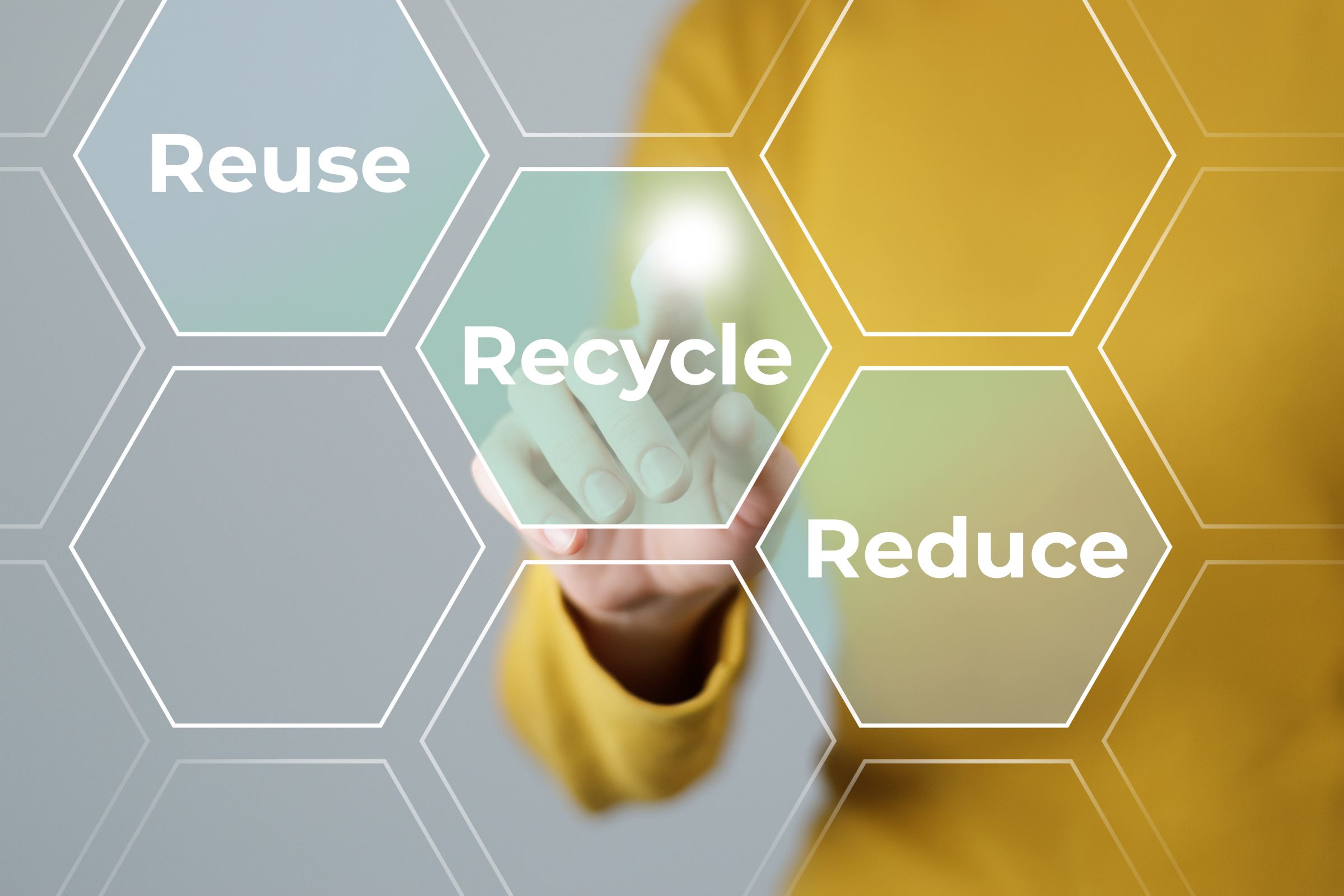
자재 관리
자재 관리 정책
Nam Liong Global은 주로 외부 공급업체로부터 원자재를 조달합니다. 여덟 가지 우선 조달 품목에는 접착제(접착제용 첨가제, 화학 물질 및 고무 원료 포함), 특수 실, 폴리머 플라스틱, 후크 루프 고정 테이프, 직물, 액세서리 및 포장 재료, 특수 섬유 및 폴리머 폼이 포함됩니다. 2024년 조달 가치 기준 상위 80%에 해당하는 원자재의 총 조달량은 5,521.7미터톤에 달하며, 이 중 32.08미터톤은 재생 가능한 자재입니다.
앞으로도 Nam Liong Global은 지속 가능성 중심의 철학을 고수하며, 재생 가능한 자원의 조달을 늘리고, 폐기물의 내부 재활용 및 재사용을 강화하는 데 집중하여 자원 효율성을 극대화하고 환경 영향을 최소화하며 제품 품질과 안전성을 보장하는 것을 목표로 하고 있습니다. 우리는 글로벌 재활용 표준(GRS) 및 산림 관리 협의회(FSC) 인증과 같은 국제 기준을 준수하는 친환경 대체 원자재를 계속 탐색하여 지속 가능한 공급망 개발을 촉진할 것입니다. 또한, 우리는 원자재의 조달 및 구성을 관리하여 우리의 제품이 국제 환경 이니셔티브, 규정 및 지침을 완전히 준수하도록 하여 환경 책임을 강화하고 지속 가능성을 향해 나아갈 것입니다.
SASB-CG-AA-440a.4 자재 조달 중량 (톤)
Material Procurement 관리 SASB 기준에 따라
| 지표 | SASB-CG-AA-440a.3 이행 성명서 |
|---|---|
| 1. 조달에 위협이 될 가능성이 가장 높은 환경 및/또는 사회적 요인 | ● 환경 요인 측면에서, increasingly stringent regulations related to climate change and net zero carbon emissions are driving up the costs of raw material production and transportation. The over-exploitation of natural resources may result in issues such as land degradation and water scarcity, further leading to supply shortages, price fluctuations, and potential quality instability. In addition, the production of raw materials involves carbon emissions, wastewater discharge, chemical pollution, and high energy consumption, all of which pose long-term environmental impacts and consequential challenges to the Corporate’s operational sustainability. ● 사회적 요인 측면에서, geopolitical tensions and global economic instability have increased the uncertainty of international trade, thereby raising the complexity of procurement and supply chain management. Meanwhile, the textile industry in Taiwan faces challenges such as capacity relocation, the exit of small-scale processing plants, and an aging skilled workforce, resulting in increased difficulty in sourcing raw materials and affecting supply chain stability. In addition, supply chain operations may involve issues such as poor labor conditions, the use of child labor, and inadequate occupational safety, posing potential risks to both the Corporate’s fulfillment of social responsibilities and reputation. |
| 2. 환경 및/또는 사회적 요인과 관련된 비즈니스 위험 및/또는 기회 | ● 위험 측면에서, as the world moves toward net zero carbon emissions, the use and import of raw materials with high carbon emission may be restricted, resulting in increased compliance pressures and environmental costs for businesses. International markets placing growing emphasis on environmental, social, and governance (ESG) performance, and brand customers are imposing increasingly stringent requirements on green supply chains, non-compliance may lead to potential loss of orders. In addition, fluctuations in raw material prices and supply chain instability may affect production costs and operational efficiency, thereby increasing overall business risk. ● 기회 측면에서, the increasing global demand for environmentally friendly materials is driving the expansion of markets for recyclable, low-carbon, and bio-based materials. Businesses that comply with environmental regulations and hold sustainability certifications are more likely to gain favor with international brands, thereby enhancing their market competitiveness. In addition, developing and certifying green products can strengthen corporate image, create sustainable business opportunities, and enhance businesses’ capacity for sustainable development. |
| 3. 비즈니스 위험 및 기회를 다루기 위한 관리 전략 | ● 공급망 관리 측면에서, Nam Liong Global collaborates with suppliers who comply with restricted substances standards and sources raw materials certified to third-party environmental or social standards to effectively mitigate potential environmental and health risks. These standards include the Global Recycled Standard (GRS), the Forest Stewardship Council (FSC®) certification, the OEKO-TEX®STANDARD 100, and the bluesign® standard. A supplier sustainability self-assessment mechanism is established to regularly evaluate their environmental and social conditions. In addition, inventory pressure is reduced and supply chain resilience strengthened through coordinated supplier material preparation and batched shipments, while in-house production lines are expanded to enhance autonomous manufacturing capabilities and quality control, thereby mitigating potential supply chain disruptions. ● 자재 관리 측면에서, Nam Liong Global continues to promote waste recycling and reuse initiatives, including the reintroduction of in-house production scraps and the off-site pyrolysis oil refining of waste rubber, thereby improving material utilization efficiency and reducing waste disposal costs. In addition, the Corporate advances environmentally friendly processes and green materials through the expansion of the Eco-Family product series, focusing on the use of recycled and bio-based materials, as well as solvent-free or water-based processes, with the objective of effectively mitigating the environmental impact throughout the product lifecycle. ● Moving forward, Nam Liong Global remains committed to continuously conducting organization-wide greenhouse gas (GHG) inventories and product carbon footprint assessments, enhancing data-driven management capabilities to support our sustainability-oriented decision-making. The Corporate will also deepen strategies for green supply chains and material recycling and reuse, collaborating with suppliers and customers to advance sustainable operations. |
